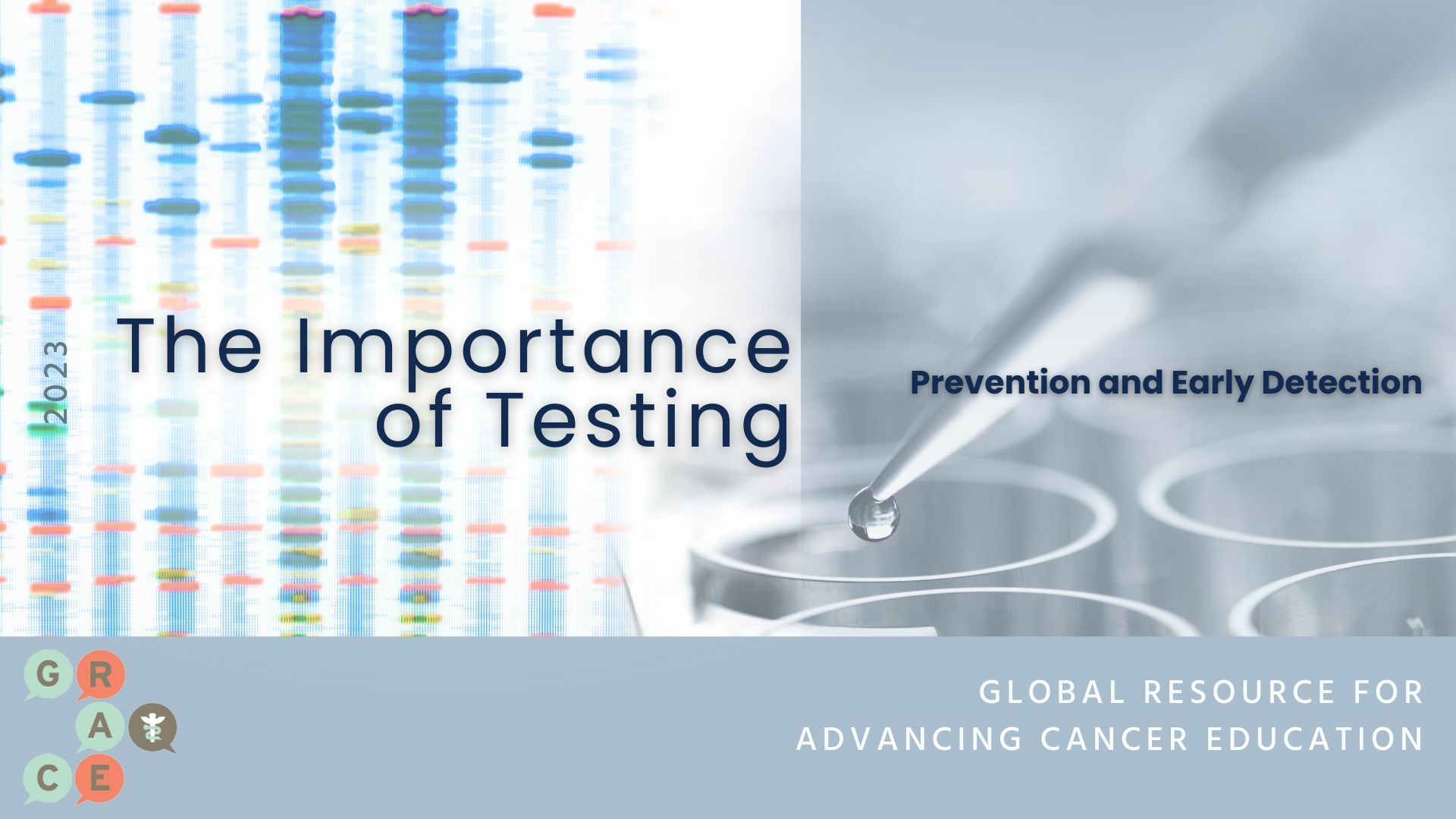Article and Video CATEGORIES
There is a principle in management of lung cancer that some patients who have a very limited degree of metastatic disease or progression after a good response may do unusually well with local treatment, such as radiation or surgery, for the isolated area(s) of disease that are metastatic or growing. The idea for this stems from the concept of the "precocious metastasis", which is essentially the idea of "the one that got away" -- perhaps if there is just a very limited metastatic deposit of cancer or one area progressing and everything else is well contained, that area of escape can be obliterated without other areas of escape popping up elsewhere.
In the last few years, approaches like video assisted surgeries with wedge resections and focal radiation (stereotactic body radiation therapy, or SBRT) are now also making it more feasible to do additional local treatments with fewer side effects than in the past. This has led to a huge trend toward more and more surgeries or radiation treatments to areas of metastatic disease. The question is whether this is really beneficial or whether it's done largely because it's easy to mislead patients and even ourselves as doctors that more is better, especially when it's a profitable thing to do and someone else is paying for it. But I fear that these principles are being applied far beyond where they make good sense.
The term "oligometastatic" comes from the Greek root "oligo", meaning few, along with metastases, and that fits when there is just one area of metastatic spread, or perhaps two. The problem is when local treatments are applied for 3 or 4 or more areas of disease. An isolated area of metastatic spread or progression may well represent a rogue area with its own biology, and there is an arugable reason to hope that we can resect or ablate that area and not have other areas of disease crop up. On the other hand, 5 areas of metastatic disease isn't oligometastatic disease -- it's frankly metastatic disease, and it is unfathomably unlikely that the underlying cancer process can be controlled by just treating the areas you can see today. It would be like picking off a bunch of dandelions from the stems in your lawn and presuming your job is done. If you see 5 dandelions, you can be sure that eradicating those 5 won't end the problem, and that plenty more will follow. Unfortunately, whether it's a poor understanding of biology or an economic motivation to treat people in situations where it's not oligometastatic at all, far too many practitioners of local therapies are all too eager to encourage patients to pursue treatments that cannot be reasonably expected to be helpful.
Another principle is that it makes more sense to pursue a local therapy if you've had a long period of follow-up to be sure that your isolated area of disease isn't just isolated for a brief moment in time. Following a single lesion growing or remaining isolated for many months is far more convincing for it being truly "oligo" than having a single lesion on the first scan done after a new treatment was initiated, which may well be just a snapshot of a moment in time before more areas of disease emerge.
To reiterate, I do believe that local therapy for an area of isolated metastatic spread or progression in the face of otherwise very good control makes sense, even though there isn't a clearly proven value to treating metastatic disease with local therapy. But that approach is predicated on the word "isolated" and the concept of oligometastatic disease. There's a real problem in following a slippery slope of treating multiple areas of metastatic disease with local therapy just because we can and it's profitable. Even a small risk of complications is unacceptable when there is no foreseeable benefit to treating multiple areas of truly metastatic disease. In the coming years, we will need to come to terms with the fact that this approach isn't actually helping patients, and we'll need to apply the term oligometastatic more appropriately if we have any hope of showing that this approach of local therapy actually helps selected patients. We'll have to actually apply this approach selectively.
Please feel free to offer comments and raise questions in our
discussion forums.
Forum Discussions
Waiting for my appointment with oncologist this morning. Thank you for the response. It helps. <3
It sounds like you’re thinking of this in a very appropriate way. Specifically, it sounds like the growth of the nodule is rather modest, though keep in mind that the change...
Hi and welcome to GRACE. I'm sorry your mom is having this difficulty. An indwelling catheter is used when the pleura space continually fills and the catheter is always there to...
Hi Oaktowngrrl, Welcome to Grace. I'm so sorry you're going through this.
Finding a reputable dedicated thoracic surgeon for lung surgery might be difficult, as it is a complex and...





Hi Blaze,
As much as I hate to say it, Welcome back Blaze. It sounds like you're otherwise feeling good and enjoying life which is a wonderful place to be. ...